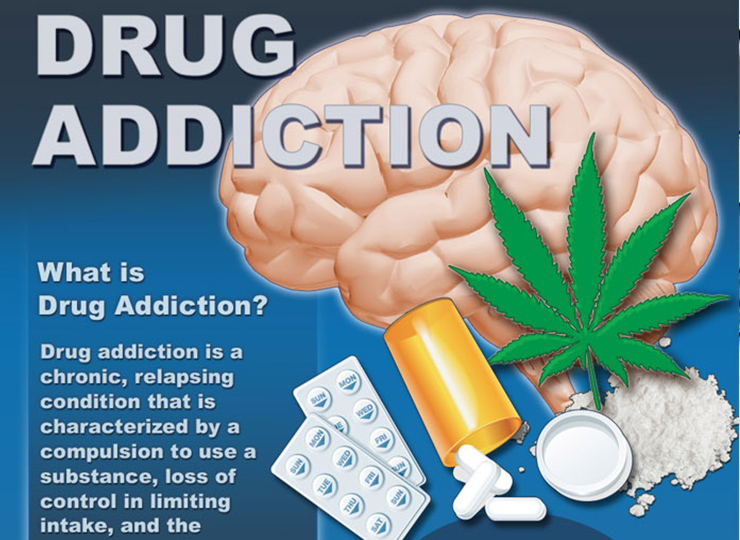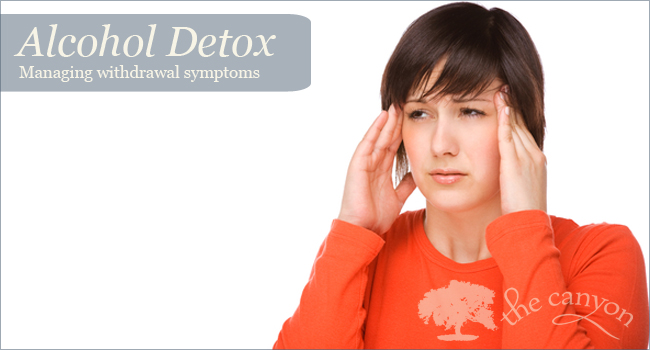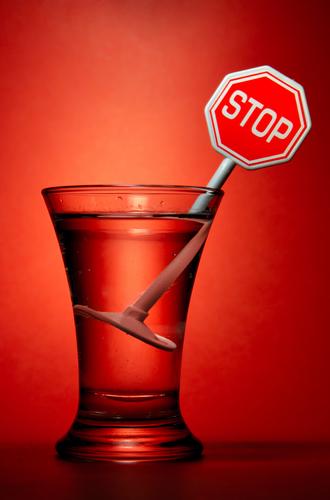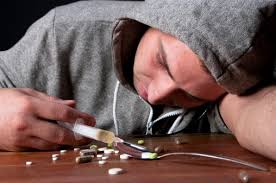Controlling drug triggers and cravings

Controlling drug triggers and cravings will benefit the brain greatly
Controlling drug triggers and cravings: Finding addiction solution
From the several studies professionally done on the subject addiction, it has been established that in the quest of finding solutions to drug addiction, two problems are outstanding. The first obstacle is denial. Drug users are in denial and unwilling to acknowledge the problem. In the process the intensity of their addiction to the substances increases such that by the time treatment commences, it becomes difficult to help. Besides the hurdles faced at the initial stages, the other technicality comes at the end of the process when the patient is either progressing well with recovery program or are fully recovered from their addiction. That is why controlling drug triggers and cravings is very important and must be part of the treatment process.
Speaking to doctor Akoury it’s evident that while getting sober from drugs is an important first step, it’s only the beginning of the recovery process. And once sobriety is achieved, the next step is to allow the brain to recover and rebuild connections that have changed. This is likely to take some time. During this time, drug cravings can be intense and overwhelming. Individuals can take several measures to contain the situation. At this point you can support your sobriety by making a conscious effort of avoiding people, places, and situations that trigger the urge to drugs as follows:
Controlling drug triggers and cravings: Find new friends, break from old friends and shun clubs
For you to see the fruits of your recovery you mustn’t make a mistake of hanging out with old friends who are still doing drugs. They will trigger you back to your old habits. Therefore it is necessary that you surround yourself with people who support your sobriety, not those who tempt and tice you to slip back into old, destructive habits.
Alcohol is addictive and doesn’t pretend that you can resist the temptation to sip when meeting friends. Keep distance to social places like bars and clubs where alcoholic beverages are sold. Remember that drinking lowers inhibitions and impairs judgment, which can easily lead to relapse.
Know your history of drug use when seeking medication
This is very important and when a medical or dental procedure is done on you, open up to your physician and disclose all you know about your history. Ensure you find a provider who will work with you in either prescribing alternatives or the absolute minimum medication necessary. Take note, this is not the time for you to be ashamed or feel humiliated about your previous drug use. The more you open up to your health provider the better help you will get from them. So don’t withhold open up and allow yourself to be helped.
Use caution with prescription drugs
Finally, stay away from prescription drugs. And take extreme caution because drugs with a high abuse potential include painkillers, sleeping pills, and anti-anxiety medication. For more information about containing triggers and cravings you can call doctor Akoury on telephone number 843 213 1480 today.
Controlling drug triggers and cravings: Finding addiction solution









